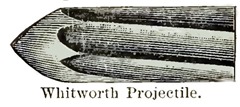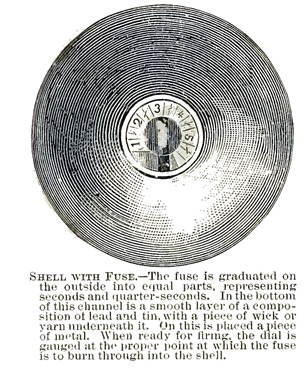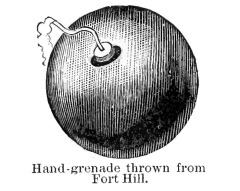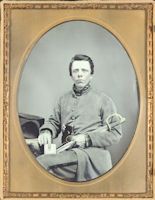Charles Francis Adams, Jr., to John Quincy Adams, his brother.
Middleburg, Va., 10 A.M. Friday, June 19, 1863
We were engaged at Aldie’s Gap day before yesterday and very roughly used. I went into action with ninety four men in my squadron and fifty seven in my Company and came out with between thirty and forty in my squadron and just twenty five in my Company. My Company lost thirty two out of fifty seven — nine killed, twelve wounded and eleven missing; the squadron loss was sixty one out of ninety four. All the killed were of my Company. My poor men were just slaughtered and all we could do was to stand still and be shot down, while the other squadrons rallied behind us. The men fell right and left and the horses were shot through and through, and no man turned his back, but they only called on me to charge. I could n’t charge, except across a ditch, up a hill and over two high stone walls, from behind which the enemy were slaying us; so I held my men there until, what with men shot down and horses wounded and plunging, my ranks were disordered and then I fell slowly back to some woods. Here I was ordered to dismount my men to fight on foot in the woods. I gave the order and the men were just off their horses and all in confusion, when the 4th N.Y. on our right gave way without a fight or an instant’s resistance, and in a second the rebs were riding yelling and slashing among us. Of course, resistance was impossible and I had just dismounted my squadron and given it to the enemy. For an instant I felt desperate and did n’t care whether I was captured or escaped, but finally I turned my horse and followed Curtis and Chamberlain in a stampede to the rear. Here I lost my missing men, for almost all my men were captured, though some afterwards escaped. In twenty minutes and without fault on our part I lost thirty two as good men and horses as can be found in the cavalry corps. They seemed to pick out my best and truest men, my pets and favorites. How and why I escaped I can’t say, for my men fell all around me; but neither I nor my horses was touched, nor were any of my officers or their horses. . . .













